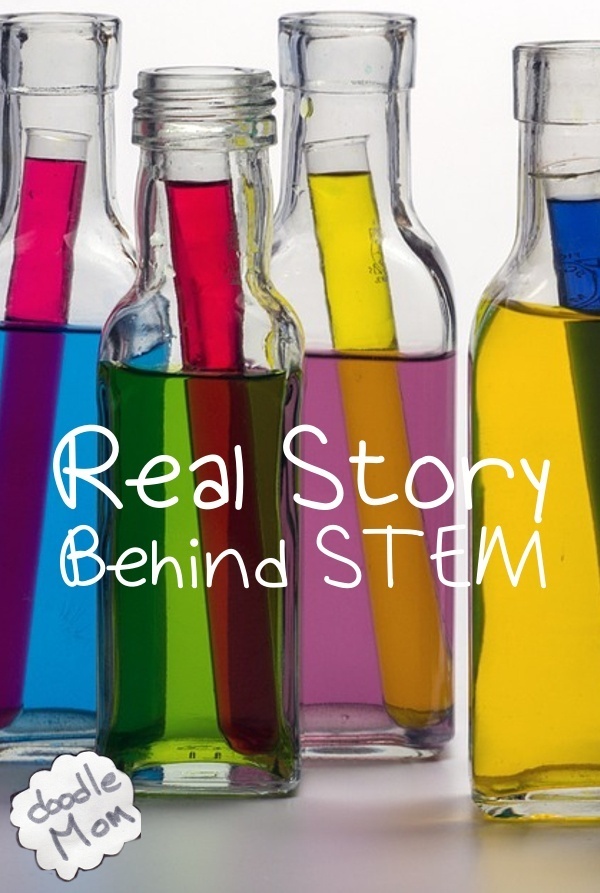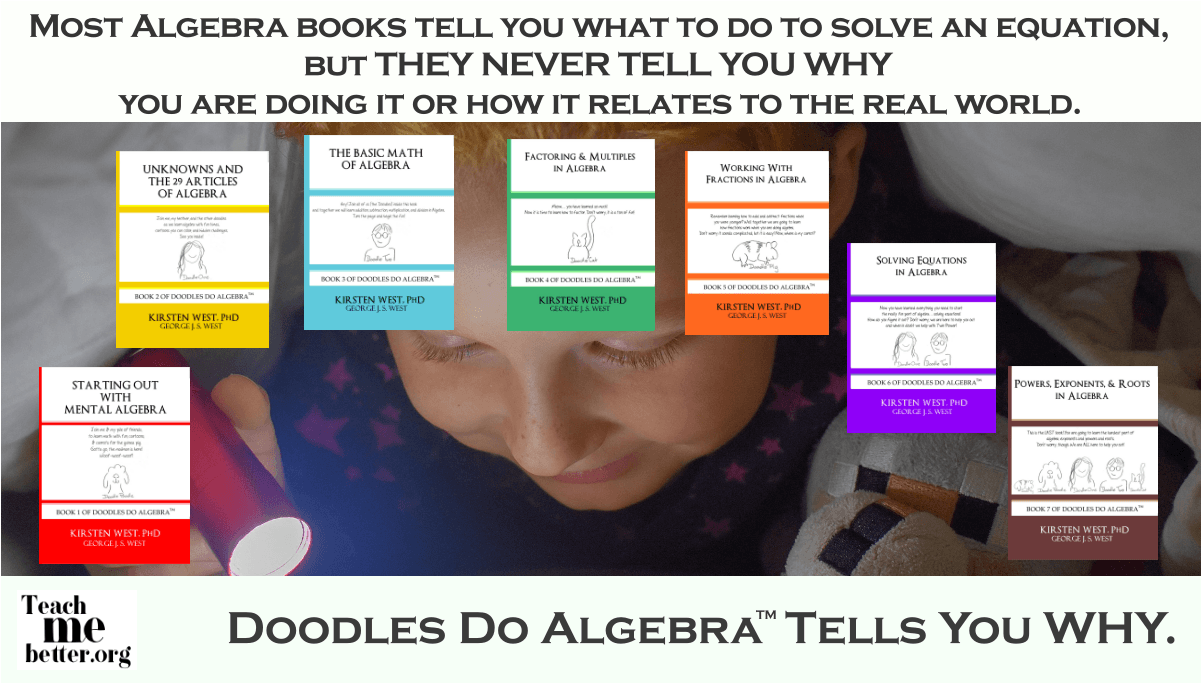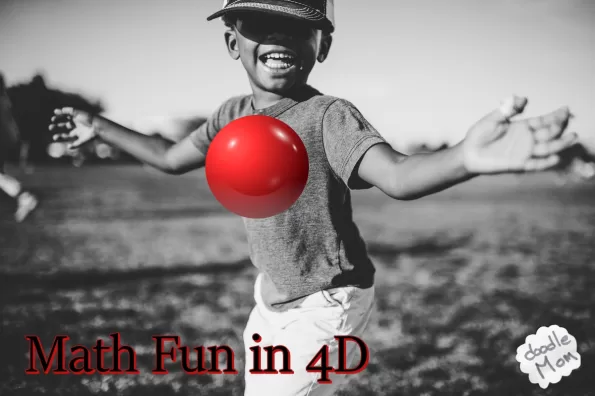Do you ever wonder if there is a real story behind STEM?
People have told me over the years that STEM is just an acronym for science education. So many, in fact, that I went searching our the history for myself.
As I hunted, I discovered I had more questions.
Why are all those Common Core and teacher’s groups promoting and supporting STEM if it is nothing more than an acronym that means learning science?
What is STEM and where did it come from?
STEM is an acronym that stands for science, technology, engineering, and what has morphed into that dangerous Common core math. The term grew out of ideas and plans in the National Science Foundation in the 1990s. These days, you find STEM and its various forms in every country engaged in social engineering. It is everywhere. There is even a STEM Education Coalition.
In our country, STEM is strongly tied to the debate surrounding increased immigration and the need perceived by many in government to increase the numbers of foreign tech workers into our country. In fact the DHS and ICE have their own definitions of STEM used to decide how long immigrants are allowed to stay in our country.
In education STEM means funding for all schools and teachers unions to teach “engineering” to all ages (elementary through high school). It is yet another source of revenue for local schools, scouting, and other national youth groups.
Articles to read to learn more about STEM:
- “The STEM Crisis Is a Myth” by Robert N. Charette (IEEE Spectrum)
- “The Myth of the Science and Engineering Shortage” by Michael S. Teitelbaum (The Atlantic)
Why am I qualified to judge STEM?
I was a scientist long before I became a mom. I published in top scientific journals and secured SBIR grants. I worked in universities, private industry, and even NASA. I have a PhD in Biophysics and an MS in Physics.
While Common Core was one of the primary reasons we began homeschooling, STEM takes a close second.
STEM is not science.
I know that sounds surprising and maybe even harsh, but it is absolutely true.
STEM teaches. . .
- how to read technical manuals
- how to work as support staff in the science industry
- how to use the tech tools of the 21st century
A STEM education does not teach (actively KEEPS your child from learning these things). . .
- how to innovate
- how to create and discover
- how to think critically
Learning science is a lot like learning math
Laurie Bluedorn is one of that first generation of modern homeschooling moms. She said something that really surprised me once in an article I read: children are not ready for formal math before age ten or so. It was surprising because it went against everything I had read about education, but when you think about it, it really makes sense. Children need time for their brains to develop and to be ready for formal math, in this case. Until then you can teach them their numbers, and basic arithmetic just by involving them around the house and out shopping. You really don’t need fancy curricula or workbooks.
This seemed strange at first, but over the years I realized she was right.
Absolutely right.
I have something I need to share with you here, just between us.
Children should not receive formal science education until they have the math to understand it. That means to understand Chemistry and Physics, your child really needs to know at least Algebra (I and II) and perhaps even Calculus.
Why? Well, how can our children understand science without being able to understand the vocabulary. And that vocabulary is math.
One of the most common reasons we homeschool is that we want our children to think for themselves. Have you ever thought of it that way?
We want them to explore the world freely when they are young and as they reach the middle grades we want them to start putting all that knowledge together. Making links between ideas and understanding how things fit together and why. Finally we want our high schoolers to begin to think for themselves and use the tools we have patiently put in them to create new ideas and re-affirm old ones.
The time for formal science is when your kids are older.
To learn the “why” of science, our kids need to be able to understand the math behind it all.
So the next time you snap a picture of your child holding a STEM educational product to put on twitter, take a moment to think about it first.






3 Responses
Thank you for posting this, Kirsten! This has been my own opinion and viewpoint but I have not been able to present it as clearly as you have here.
As our oldest prepared for high school work years ago, i had the chance to speak with the author of a well-known high school science curriculum – I asked him if I should have taken a different route with my kids in the elementary years (we have always been a unit study, hands-on sort of family in the early years especially) and he adamantly said “NO! They need to discover, explore experience. That’s how they learn best and what lays the foundation for all that will come later. God gave us the very best environment to learn in His creation of the world around us.”
It’s easy to get caught up in the programs and agendas out there. Thank you for speaking up!
Oh, Linda you presented it very, very clearly here! I completely agree with you and thank you for the encouragement!
I often visit your website and have noticed
that you don’t update it often. More frequent updates will give your site higher rank
& authority in google. I know that writing articles takes a lot of time, but you can always help yourself
with miftolo’s tools which will shorten the time of creating an article to
a few seconds.